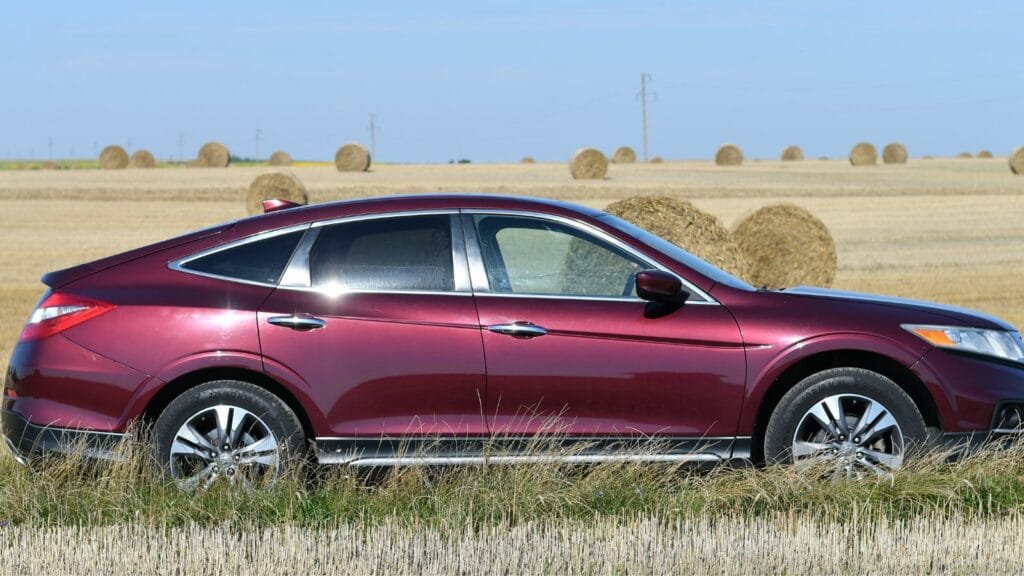Honda’s reputation for reliability, practicality, and fuel efficiency has made it one of the most trusted names in the automotive world. Models like the Civic, Accord, and CR V are household names across North America. But despite the positives, Hondas are not always the best choice for every buyer. Rising prices, limited features in some areas, and stiff competition from rivals have made the decision less straightforward than it once was. Here are twelve reasons why buying a Honda might not always be the smartest move, expanded with cost comparisons, resale value statistics, and examples of rival models that may offer more.
Higher Prices on the Used Market
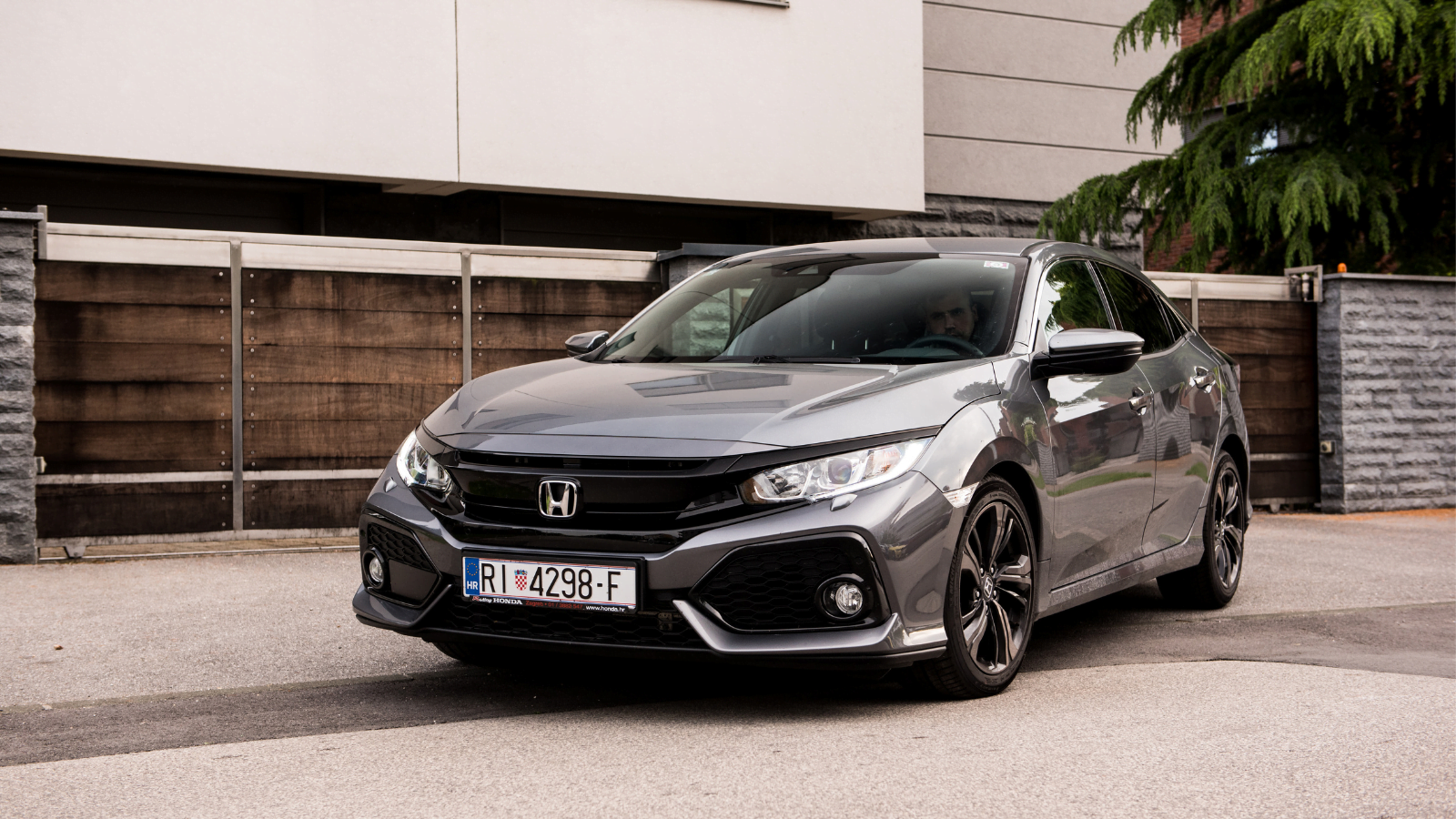
Honda’s strong resale value is a double edged sword. A five year old Civic with 60,000 miles often still sells for 16,000 to 18,000 dollars, while a comparable Hyundai Elantra or Kia Forte might list for 12,000 to 14,000. That means buyers pay more upfront for the same age and mileage. The flip side is that resale remains high when you eventually sell, but for those on a tight budget, Honda is rarely the bargain brand.
Rising New Car Prices
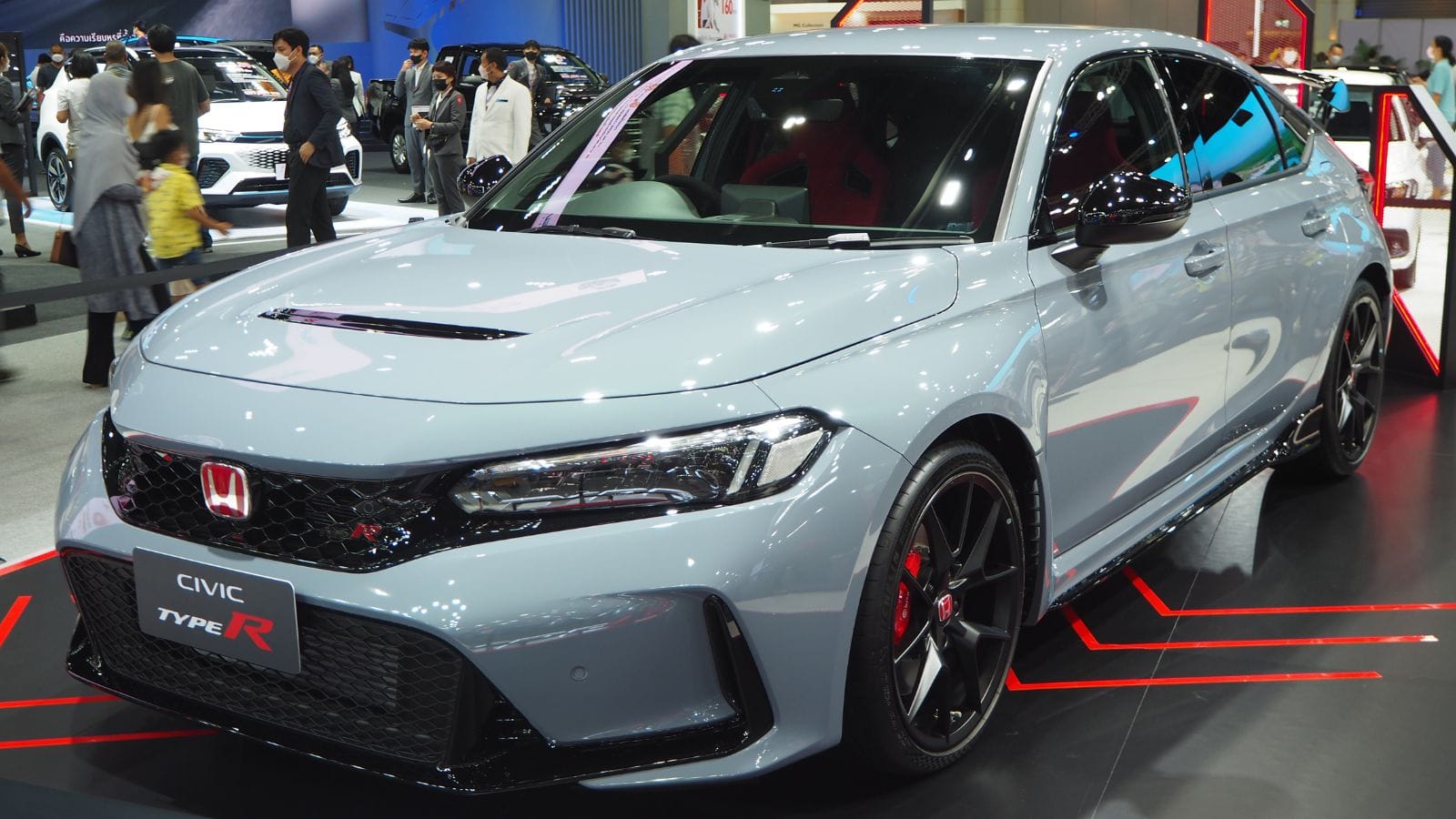
The Civic, once Honda’s affordable compact, has steadily moved upmarket. A well equipped Civic Touring today can easily top 30,000 dollars, pushing into entry level luxury territory. Meanwhile, competitors like the Toyota Corolla or Mazda3 offer similar equipment for several thousand less. This pricing shift has frustrated longtime Honda buyers who remember the Civic as a sub 20,000 dollar option.
Costly Maintenance at the Dealer
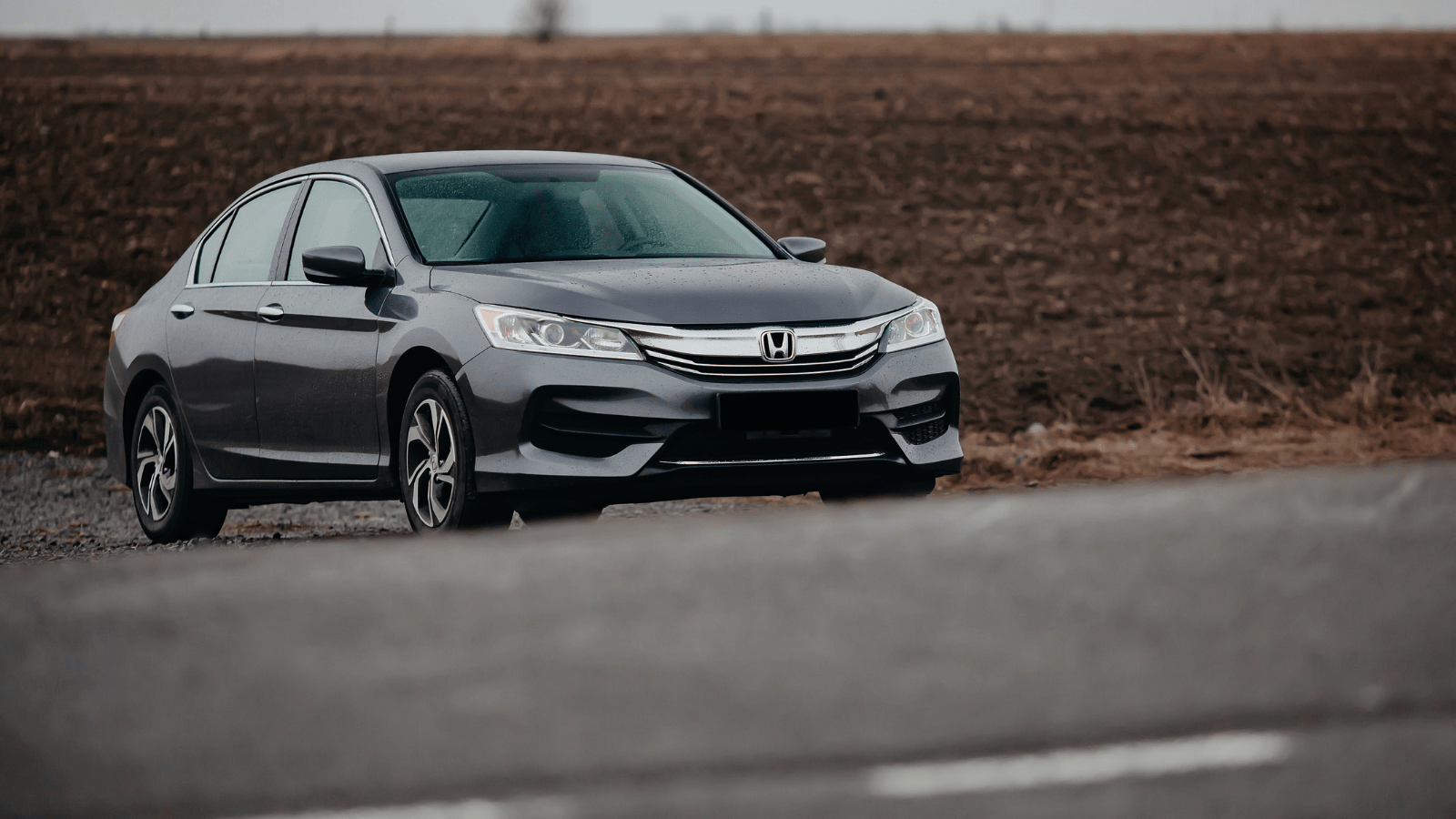
While Honda’s engines and transmissions are reliable, some maintenance tasks can be expensive at dealerships. A timing belt replacement on an older Accord can run over 900 dollars, compared to 600 to 700 for a Toyota Camry at many shops. Brake service and even basic oil changes can be pricier as well, especially if you stick to dealer service departments rather than independent mechanics.
Road Noise in Some Models
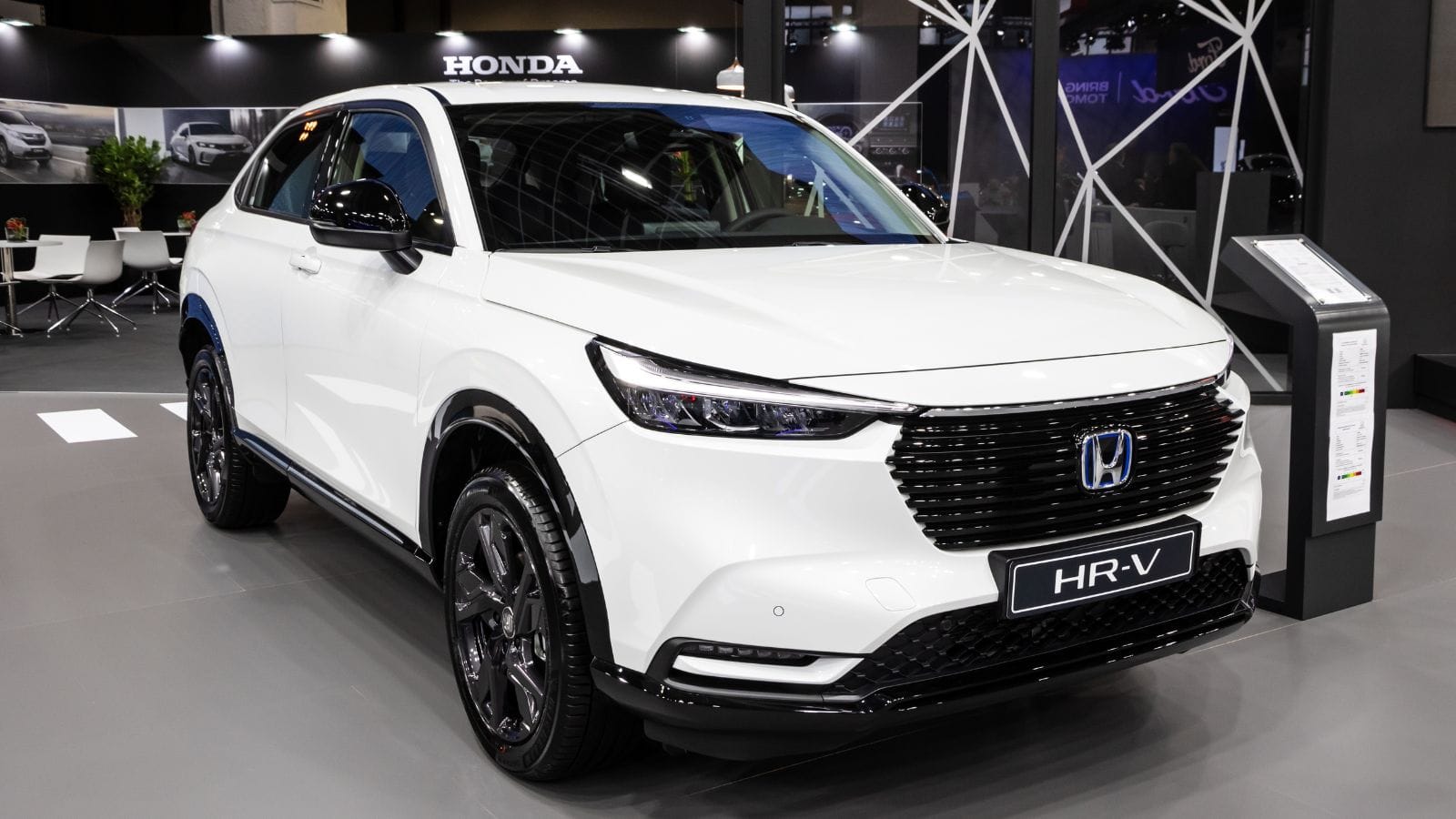
Honda’s compact cars, particularly older Civics and the HR V crossover, have long been criticized for letting in more road and wind noise than rivals. On highways, this can make them feel less refined compared to a Mazda3, which has better sound insulation, or a Volkswagen Jetta, which delivers a quieter cabin. Buyers who value comfort on long trips may find Hondas less satisfying in this area.
Not Always the Most Stylish
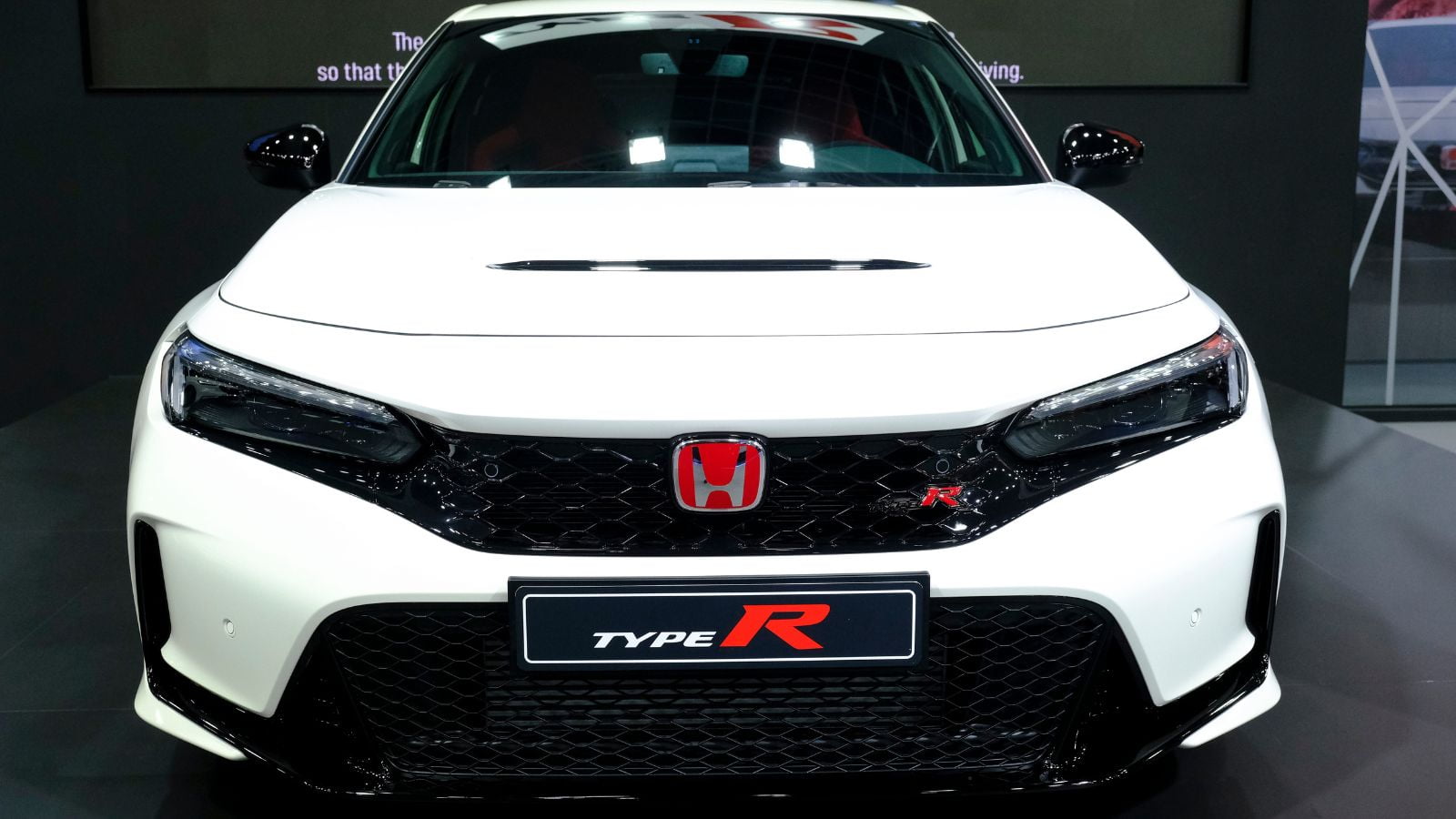
Honda is known for practical, conservative designs. While the Civic Type R has bold looks, most Hondas are built with understated styling. By contrast, Mazda emphasizes design with its Kodo language, giving even an entry level Mazda3 or CX 30 a more upscale, eye catching appearance. For buyers who want style along with reliability, Honda sometimes falls short.
Average Infotainment Systems
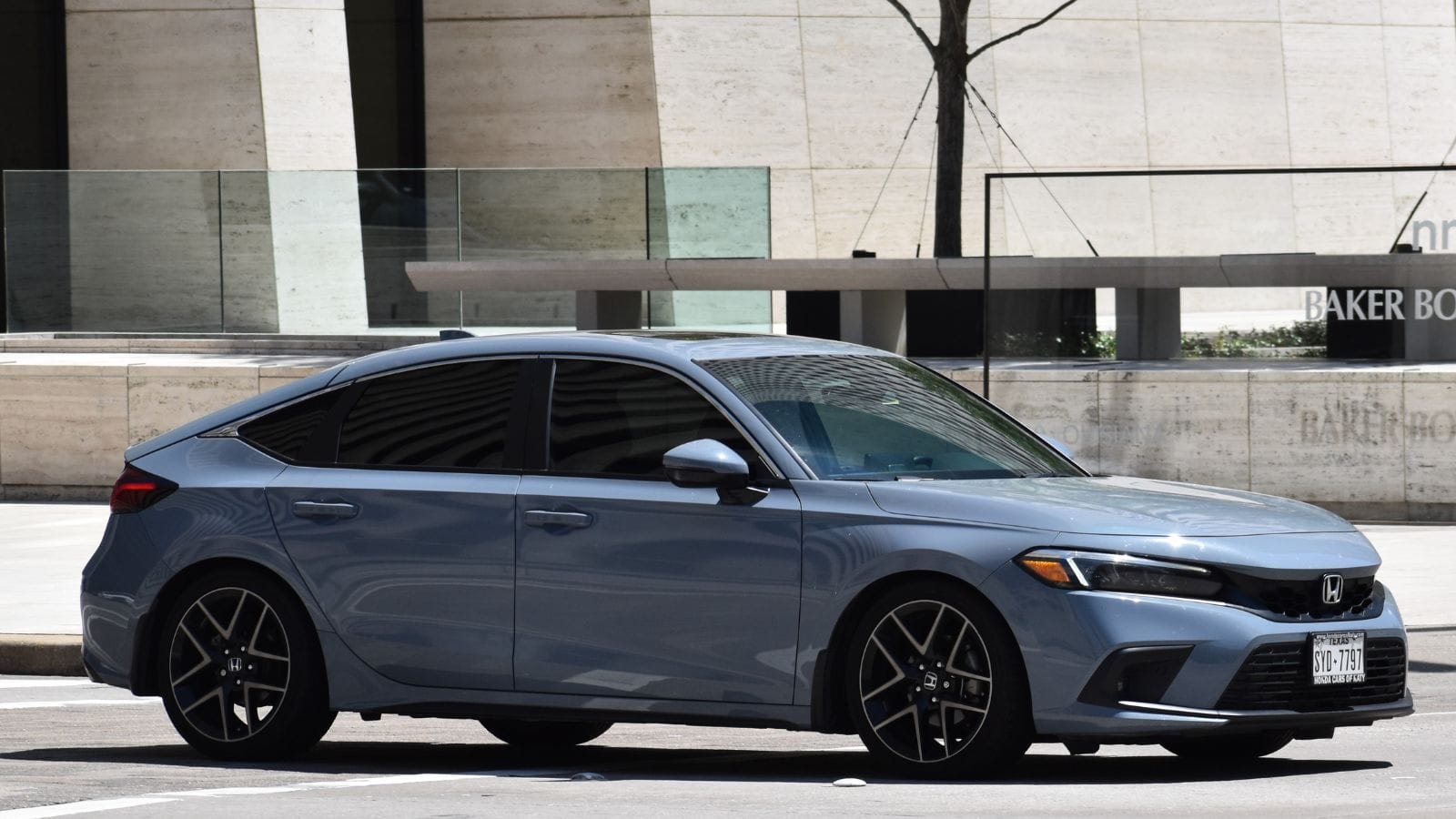
Although Honda has improved its infotainment systems in recent years, they often trail competitors in speed and features. The Civic’s older touch interface was widely criticized for lag and a lack of physical buttons. Even in newer models, the software can feel clunky compared to Hyundai’s intuitive systems or Ford’s SYNC 4, which are more responsive and user friendly.
Limited Warranty Coverage
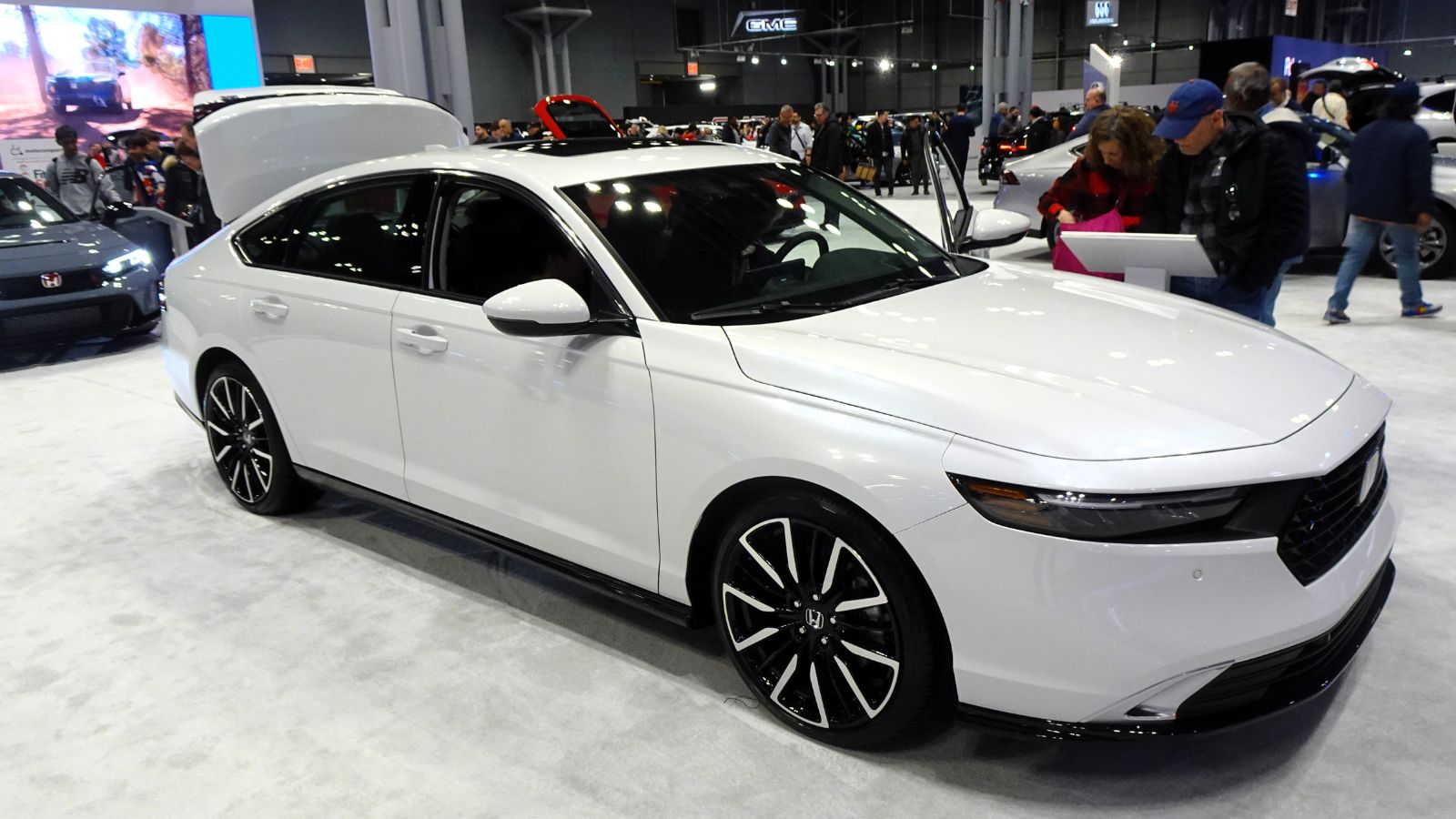
Honda offers a three year or 36,000 mile basic warranty and a five year or 60,000 mile powertrain warranty. Compare that to Hyundai and Kia, which provide ten year or 100,000 mile coverage on the powertrain and five year or 60,000 miles for bumper to bumper. For buyers who keep cars long term, the difference in coverage can mean higher potential costs out of pocket.
Performance Limitations
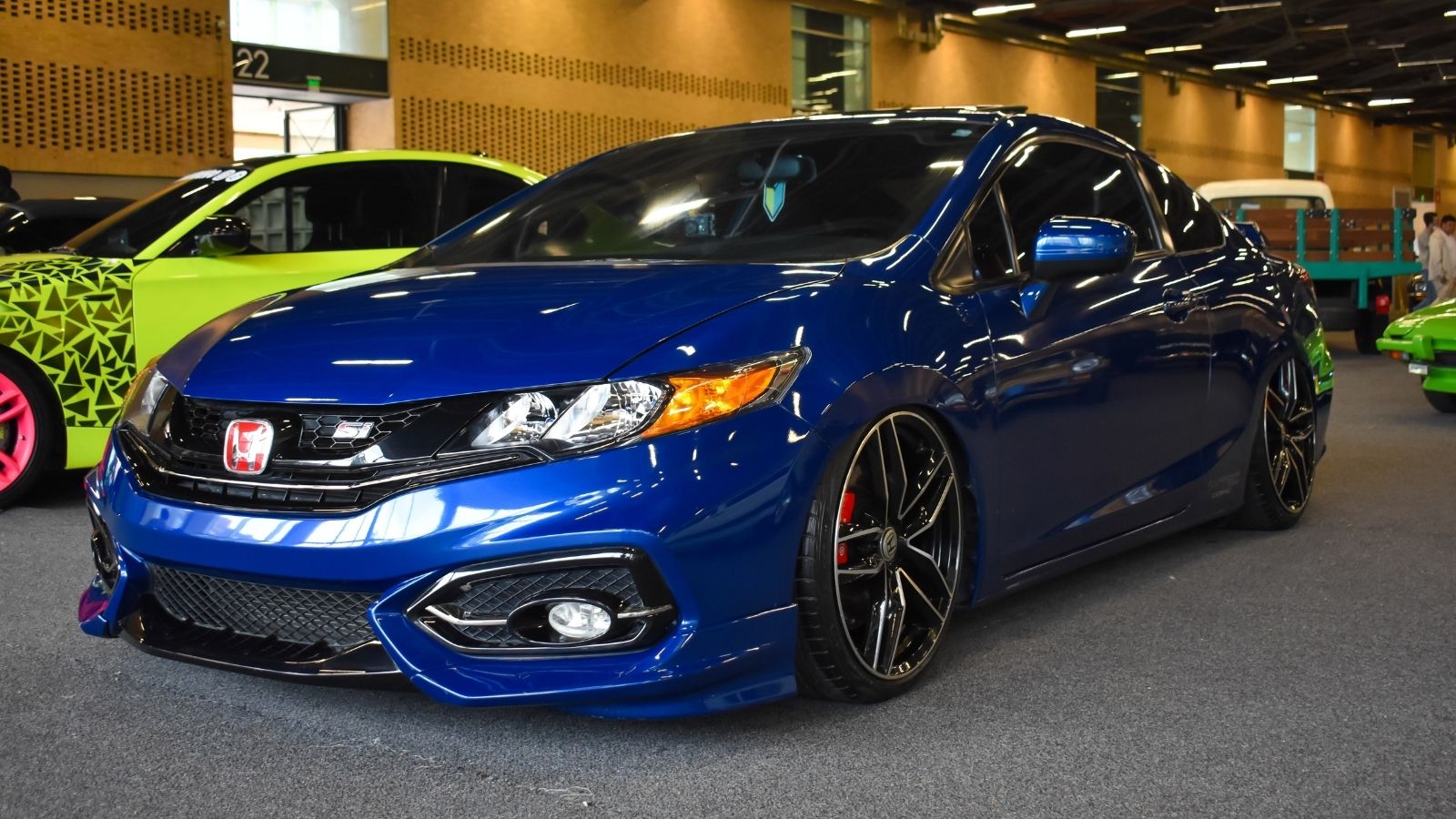
While Honda has performance oriented models like the Civic Si and Civic Type R, most of the lineup prioritizes efficiency and comfort over power. A base Civic makes around 158 horsepower, while a base Mazda3 offers 191 and can be optioned with a 250 horsepower turbo engine. Even the Accord, with its strong turbocharged four cylinder, can feel tame compared to a Nissan Altima with AWD or a Toyota Camry with an available V6.
AWD Availability Is Limited
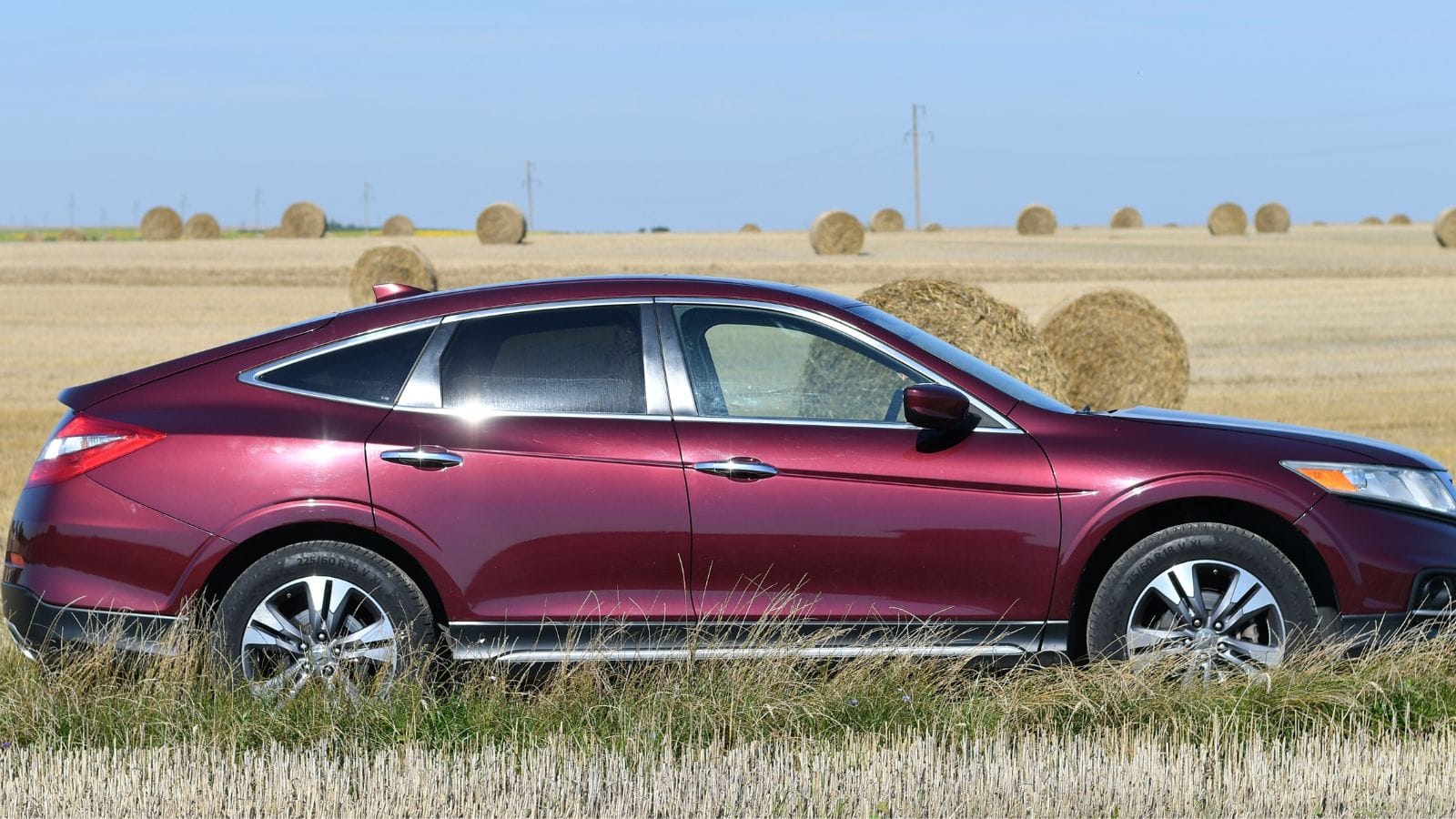
For buyers in colder climates, all wheel drive is increasingly a must have. Honda offers AWD on the CR V and HR V, but the Accord, a direct competitor to the Toyota Camry and Nissan Altima, is front wheel drive only. That leaves Honda at a disadvantage for drivers who want midsize sedan practicality with year round traction.
Rising Insurance Costs

Because Civics and Accords are popular among younger drivers and are high on stolen vehicle lists, insurance premiums can be higher than rivals. According to insurance data, Civics often rank in the top five most stolen vehicles in North America. A Toyota Corolla or Hyundai Elantra may cost less to insure simply because they are less frequently targeted.
Fewer Luxury Touches
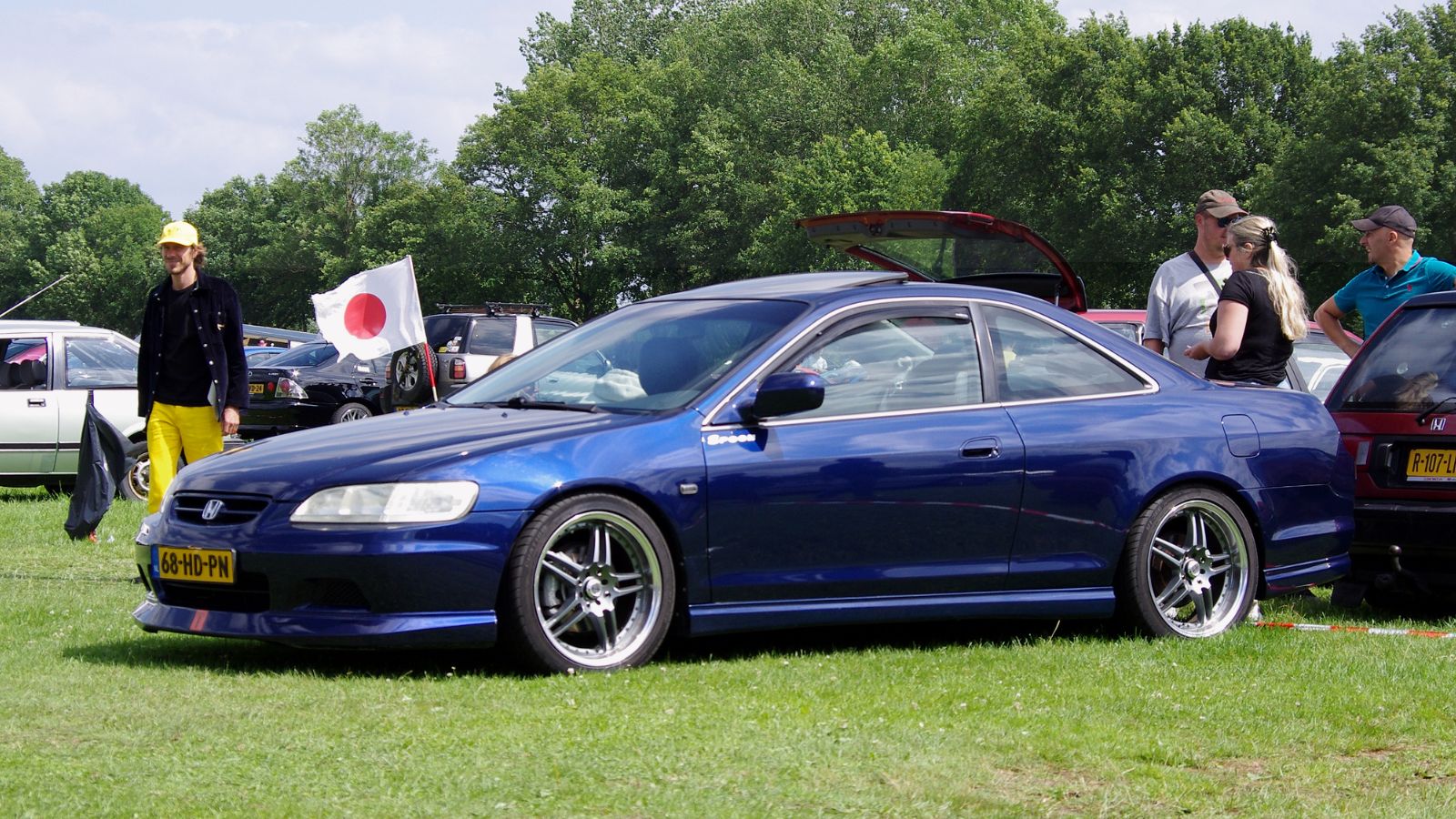
Even in top trims, Hondas can feel more utilitarian compared to rivals. Hard plastics, limited seat options, and simplified interiors are common. Mazda has pushed hard into premium territory, offering cabins with real leather, polished trim, and upscale design that rivals entry level luxury brands. Honda tends to hold back, which can disappoint buyers wanting more refinement for the price.
Everyone Has One
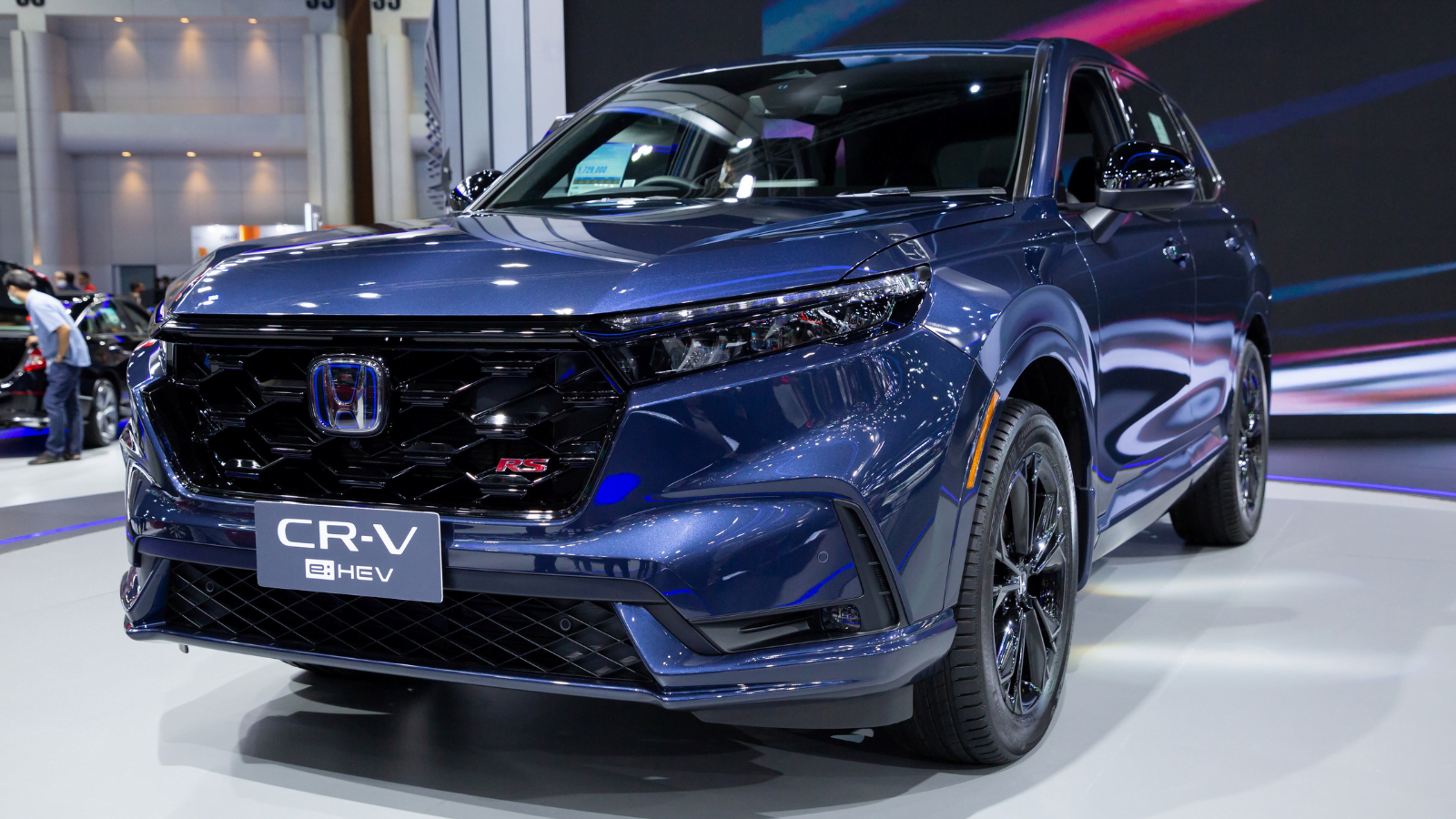
Honda’s popularity means you will see Civics, Accords, and CR Vs everywhere. For some buyers, this is a comfort, but for others, it removes any sense of uniqueness. Brands like Volkswagen or Subaru offer vehicles that feel less common, making ownership feel a little more distinctive. If standing out matters, Honda may not deliver the individuality some drivers want.
25 Facts About Car Loans That Most Drivers Don’t Realize

Car loans are one of the most common ways people fund car purchases. Like any other kind of loan, car loans can have certain features that can be regarded as an advantage or a disadvantage to the borrower. Understanding all essential facts about car loans and how they work to ensure that you get the best deal for your financial situation is essential. Here are 25 shocking facts about car loans that most drivers don’t realize:
25 Facts About Car Loans That Most Drivers Don’t Realize
